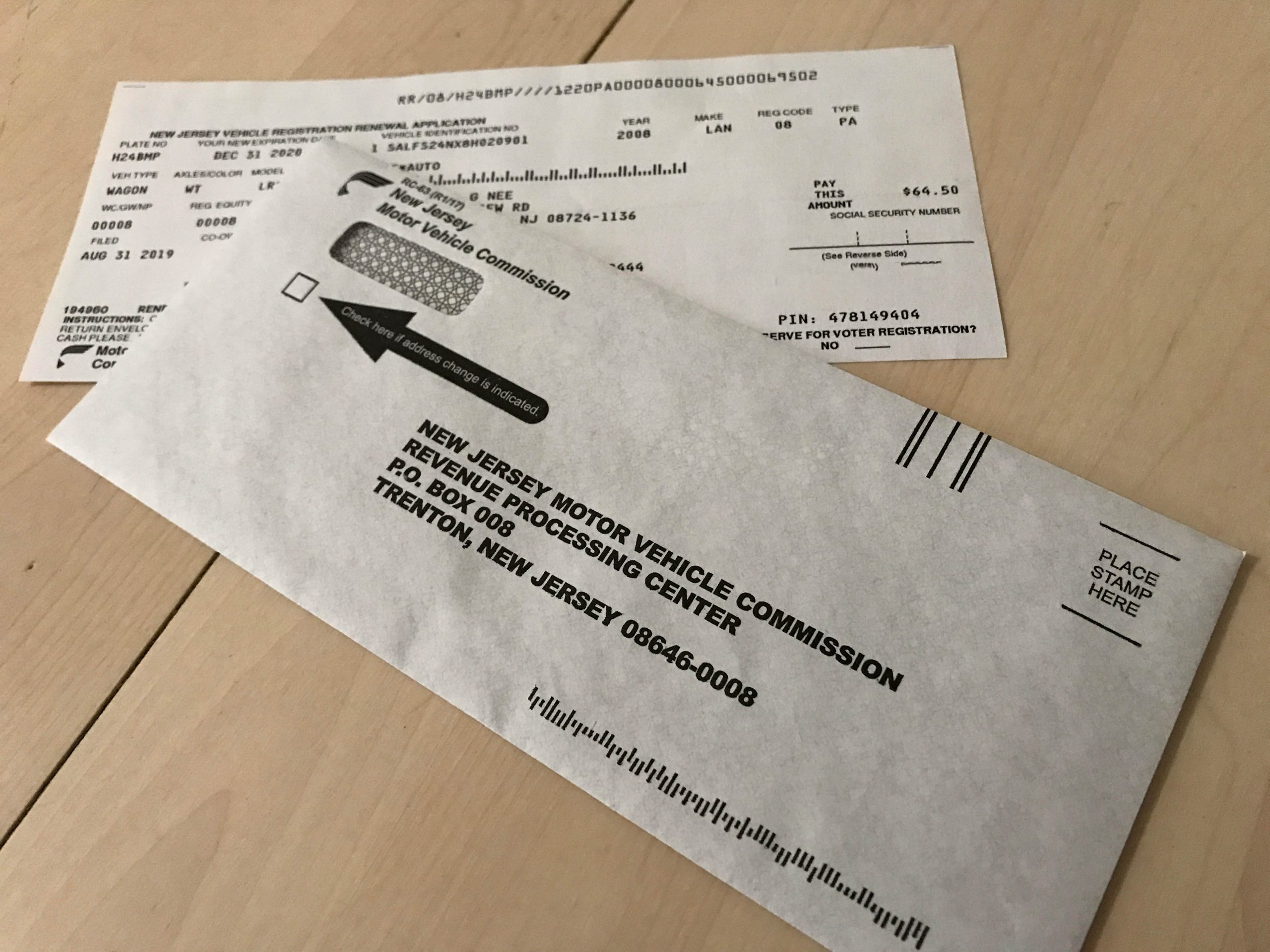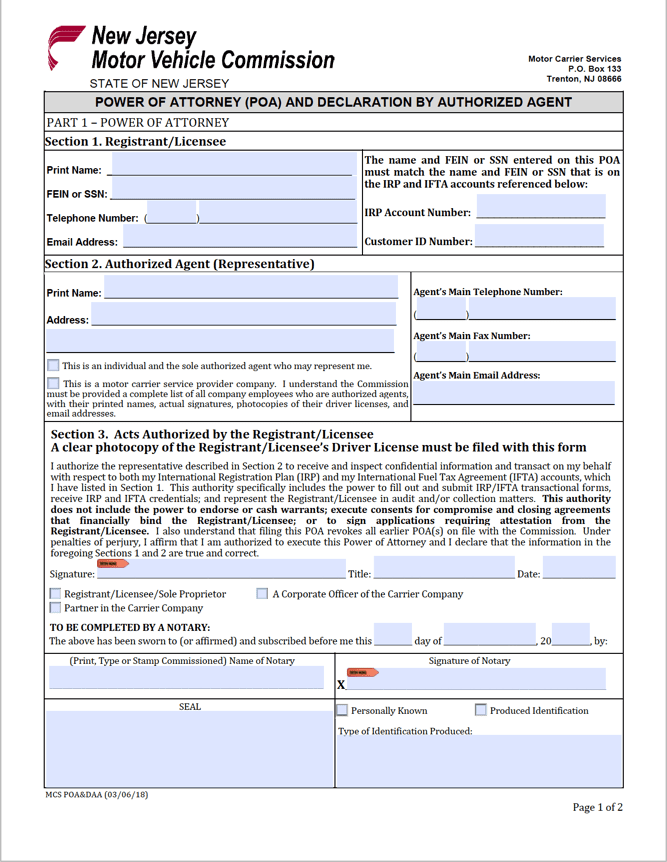Motor vehicle NJ regulations play a pivotal role in the daily lives of residents and visitors alike. From obtaining a driver’s license to understanding insurance requirements, the state of New Jersey has established a robust framework to ensure road safety and compliance. Whether you're a new resident or a seasoned driver, staying informed about these rules is essential for avoiding penalties and ensuring a smooth driving experience. This guide aims to demystify the complexities surrounding motor vehicle NJ laws, offering actionable insights and practical advice tailored for every type of driver.
As one of the most densely populated states in the U.S., New Jersey's roads see heavy traffic, making adherence to motor vehicle regulations even more critical. Drivers are required to follow specific procedures for registration, inspections, and licensing, all of which contribute to maintaining order on the roads. Understanding these processes not only helps you avoid fines and penalties but also ensures you’re contributing to a safer driving environment for everyone.
For those unfamiliar with the intricacies of motor vehicle NJ rules, navigating the system can feel overwhelming. From deciphering the various forms required for vehicle registration to understanding the nuances of insurance coverage, there’s a lot to learn. However, with the right guidance and resources, compliance becomes much more manageable. This article serves as a comprehensive resource, breaking down each step and answering common questions about motor vehicle NJ regulations.
Read also:Unveiling The Notre Dame Fighting Irish Womens Basketball Coaching Staff A Comprehensive Look
What Are the Key Requirements for Motor Vehicle NJ Registration?
Registering your vehicle in New Jersey involves several important steps. First, you’ll need to gather essential documentation, including proof of ownership, such as a title or bill of sale. Additionally, you must provide proof of insurance, which is mandatory in the state. Once you’ve collected all necessary documents, you can proceed to the Motor Vehicle Commission (MVC) office or complete the process online if eligible. The registration fee varies depending on the type of vehicle and its weight, so it’s crucial to verify the exact amount beforehand.
It’s worth noting that New Jersey imposes a unique surcharge on vehicles with certain emissions levels. This surcharge, known as the Alternative Revenue Fee, applies to vehicles that exceed specific emission thresholds. To avoid unexpected costs, it’s advisable to check your vehicle’s emissions rating before finalizing the registration process. Furthermore, New Jersey mandates regular inspections to ensure vehicles meet safety and environmental standards, adding another layer of responsibility for drivers.
How Does the Motor Vehicle NJ Insurance System Work?
Insurance is a non-negotiable aspect of owning a vehicle in New Jersey. The state follows a no-fault insurance system, meaning that each party involved in an accident files a claim with their own insurance provider, regardless of who was at fault. This system aims to streamline the claims process and reduce litigation. However, it also requires drivers to carry Personal Injury Protection (PIP) coverage, which covers medical expenses and lost wages for the insured and their passengers.
Drivers must also carry liability coverage, which protects against damages caused to others in the event of an accident. The minimum liability coverage required in New Jersey is $15,000 for bodily injury per person, $30,000 per accident, and $5,000 for property damage. While these amounts may seem sufficient, many drivers opt for higher coverage limits to safeguard against potential legal and financial repercussions.
Can You Drive Without a License in Motor Vehicle NJ?
Driving without a valid license in New Jersey is strictly prohibited and can result in severe penalties. If caught driving without a license, you could face fines ranging from $200 to $1,000, depending on the circumstances. Repeat offenders may even face jail time. It’s important to note that having an out-of-state license does not exempt you from New Jersey’s licensing requirements if you reside in the state. Within 60 days of establishing residency, you must obtain a New Jersey driver’s license.
For those seeking to obtain a New Jersey driver’s license, the process involves passing a written test, a vision screening, and a road test. Depending on your age and driving experience, you may also need to complete a driver education course. The MVC provides detailed information on the requirements and steps involved, ensuring a transparent and straightforward process for all applicants.
Read also:Cardinals Game Schedule Your Ultimate Guide To Catching Every Play
What Happens If You Fail a Motor Vehicle NJ Inspection?
If your vehicle fails a New Jersey inspection, you’ll need to address the identified issues and schedule a re-inspection. The inspection process evaluates various aspects of your vehicle, including brakes, lights, tires, emissions, and structural integrity. If any deficiencies are found, you’ll receive a detailed report outlining the necessary repairs. Once the repairs are completed, you can return to the inspection station for a re-inspection, which is typically free if conducted within a specific timeframe.
It’s important to address inspection failures promptly, as driving an unregistered vehicle can lead to additional fines and penalties. Many inspection stations offer helpful advice on addressing common issues, ensuring your vehicle meets all safety and emissions standards. By staying proactive and maintaining your vehicle regularly, you can minimize the likelihood of inspection failures and ensure a smoother driving experience.
Understanding the Role of the Motor Vehicle NJ Commission
The New Jersey Motor Vehicle Commission (MVC) serves as the governing body overseeing all aspects of motor vehicle regulations in the state. From issuing driver’s licenses to enforcing traffic laws, the MVC plays a critical role in maintaining road safety and compliance. The commission offers a wealth of resources for drivers, including online services, educational materials, and contact information for local offices.
In addition to its regulatory functions, the MVC also conducts research and implements programs aimed at reducing accidents and improving driver behavior. Initiatives such as Graduated Driver Licensing (GDL) programs and anti-DUI campaigns highlight the commission’s commitment to enhancing road safety. By staying informed about MVC policies and programs, drivers can better navigate the complexities of motor vehicle NJ regulations.
Is It Necessary to Renew Your Motor Vehicle NJ Registration Annually?
Yes, vehicle registration in New Jersey must be renewed annually. The renewal process typically begins 60 days before your registration expires, and you can complete it online, by mail, or in person at an MVC office. To renew your registration, you’ll need to provide proof of insurance and pay the applicable renewal fee. Failure to renew your registration on time can result in late fees and penalties, so it’s important to stay on top of deadlines.
For those who prefer convenience, online renewal is a fast and efficient option. The MVC website provides a user-friendly interface, allowing drivers to upload necessary documents and make payments securely. Additionally, the website offers reminders and alerts to help you stay organized and avoid missing renewal deadlines.
Top Tips for Staying Compliant with Motor Vehicle NJ Laws
- Regularly review MVC guidelines to stay updated on any changes to motor vehicle NJ regulations.
- Ensure your vehicle undergoes routine maintenance to prevent inspection failures.
- Carry proof of insurance and registration at all times when driving.
- Stay informed about local traffic laws and adhere to posted speed limits and road signs.
Motor Vehicle NJ: A Brief Overview of Key Regulations
Motor vehicle NJ laws cover a wide range of topics, from licensing and registration to traffic violations and penalties. Understanding these regulations is crucial for maintaining compliance and avoiding unnecessary fines. Some key areas to focus on include:
- Driver’s license requirements and testing procedures.
- Vehicle registration and inspection processes.
- Insurance mandates and coverage options.
- Traffic laws and penalties for violations.
Can You Transfer Your Out-of-State License to Motor Vehicle NJ?
If you’ve recently moved to New Jersey, you’ll need to transfer your out-of-state driver’s license to a New Jersey license within 60 days of establishing residency. The process involves submitting proof of residency, completing a vision test, and passing a knowledge test if required. Depending on your age and driving history, you may also need to take a road test. The MVC provides clear instructions and resources to guide you through the transfer process, ensuring a seamless transition.
Conclusion: Embracing the Rules of the Road in Motor Vehicle NJ
Understanding and complying with motor vehicle NJ regulations is essential for every driver in the state. From obtaining a driver’s license to maintaining vehicle registration and insurance, staying informed about these requirements ensures a safer and more stress-free driving experience. By leveraging the resources provided by the MVC and staying proactive about vehicle maintenance and compliance, you can navigate the complexities of motor vehicle NJ laws with confidence.
Table of Contents
- What Are the Key Requirements for Motor Vehicle NJ Registration?
- How Does the Motor Vehicle NJ Insurance System Work?
- Can You Drive Without a License in Motor Vehicle NJ?
- What Happens If You Fail a Motor Vehicle NJ Inspection?
- Understanding the Role of the Motor Vehicle NJ Commission
- Is It Necessary to Renew Your Motor Vehicle NJ Registration Annually?
- Top Tips for Staying Compliant with Motor Vehicle NJ Laws
- Motor Vehicle NJ: A Brief Overview of Key Regulations
- Can You Transfer Your Out-of-State License to Motor Vehicle NJ?
- Conclusion: Embracing the Rules of the Road in Motor Vehicle NJ


